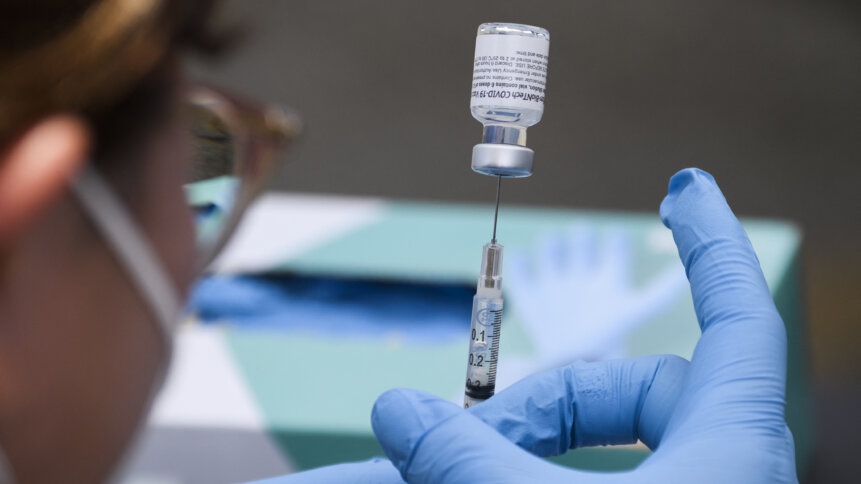Scientists turn to deep learning algorithms to predict new drug combos for COVID-19

Researchers continue to innovate healthcare with deep learning algorithms. Be it diagnosing patients or providing treatment, health solutions powered by deep learning algorithms have not only made it faster and simpler for medical professionals, but also enabled researchers to have a better understanding of the data collected.
Data harnessed from devices in healthcare are being analyzed and made sense of with more technologies to create better outcomes. For example, healthcare data from patients suffering from cancer can be studied to improve treatments and also early detection through big data analytic tools.
When it comes to treatment, AI is bringing wonders to the industry, thanks to its capabilities in processing and analyzing data at faster speeds. Machine learning and deep learning algorithms are enabling researchers to develop new drugs faster and also have a better understanding of these drugs through faster analysis and results processed by these tools.
According to reports, AI in the drug discovery market is expected to reach US$470 million in 2021. Part of the growth is due to the demand for more drugs and vaccines in dealing with illness. The COVID-19 pandemic saw the need for technology in drug discovery increasing as pharmaceutical companies raced to find a vaccine.
As the vaccines make their way to everyone around the world, the research does not stop. Pharmaceutical companies and research institutions are still heavily researching new drugs that can fight the pandemic, especially with the virus itself evolving.
And this is where deep learning enables researched to modify the landscape as it unfolds with access to the right data. Scientists from MIT’s Computer Science and Artificial Intelligence Laboratory (CSAIL) and the Jameel Clinic for Machine Learning in Health are now researching ways to identify the right synergistic drug combinations for the rapidly spreading new variants of COVID-19.
While data scientists rely on deep learning algorithms analyzing large datasets to pick out drug combinations, COVID-19 data was still limited, despite it affecting millions. And with the virus constantly evolving, they needed a new approach.
And so using a new approach to data, the team used a model that jointly learns drug-target interaction and drug-drug synergy to mine new combinations. Reports showed that the drug-target predictor models the interaction between a drug and a set of known biological targets that are related to the chosen disease. The target-disease association predictor learns to understand a drug’s antiviral activity, which means determining the virus yield in infected tissue cultures. Together, they can predict the synergy of two drugs being effective in a given control setting.
The approach enabled the collaborators to discover two new drug combinations which have been published in the Proceedings of the National Academy of Sciences. “By modeling interactions between drugs and biological targets, we can significantly decrease the dependence on combination synergy data,” says Wengong Jin, a postdoc at the Broad Institute of MIT and Harvard.
YOU MIGHT LIKE

How deep learning models are pushing healthcare forward
“In contrast to previous approaches using drug-target interaction as fixed descriptors, our method learns to predict drug-target interaction from molecular structures. This is advantageous since a large proportion of compounds have incomplete drug-target interaction information,” he added.
The new model can also be potentially used for other contagious variants of COVID-19. With more data harnessed in the future, and with deep learning tools improving to boot, scientists and researchers will be able to use the data for better development of drugs and vaccines as well.









